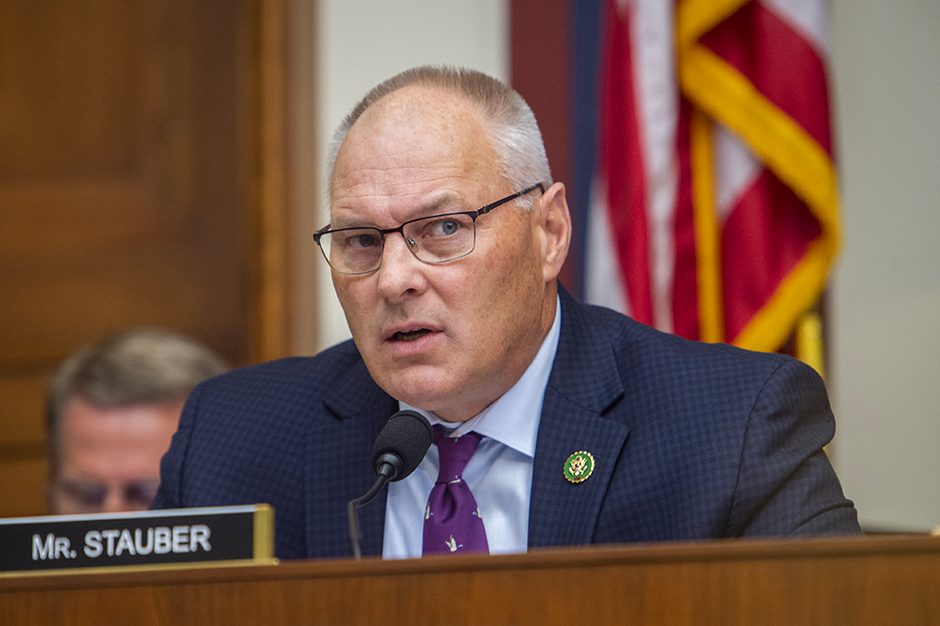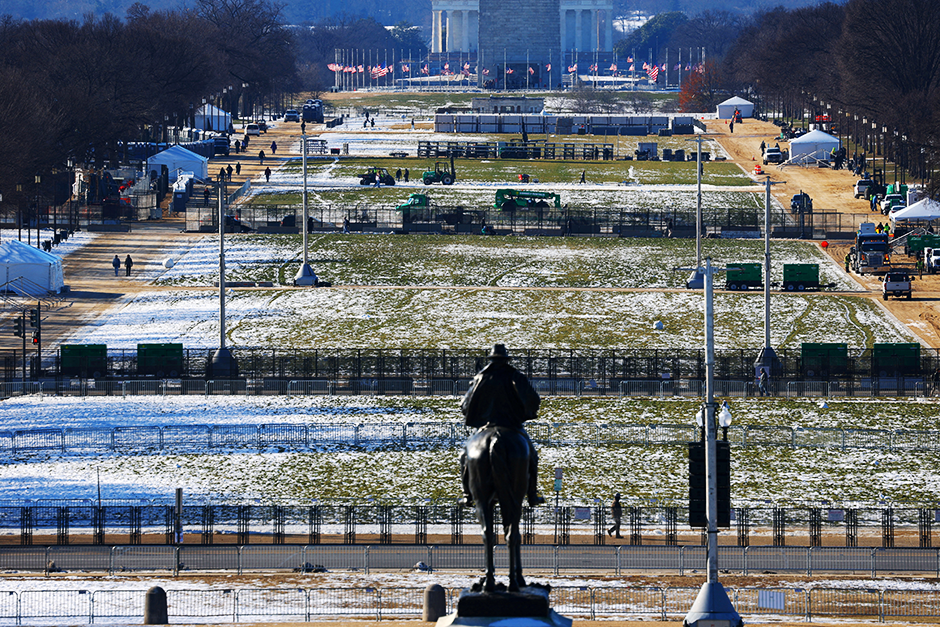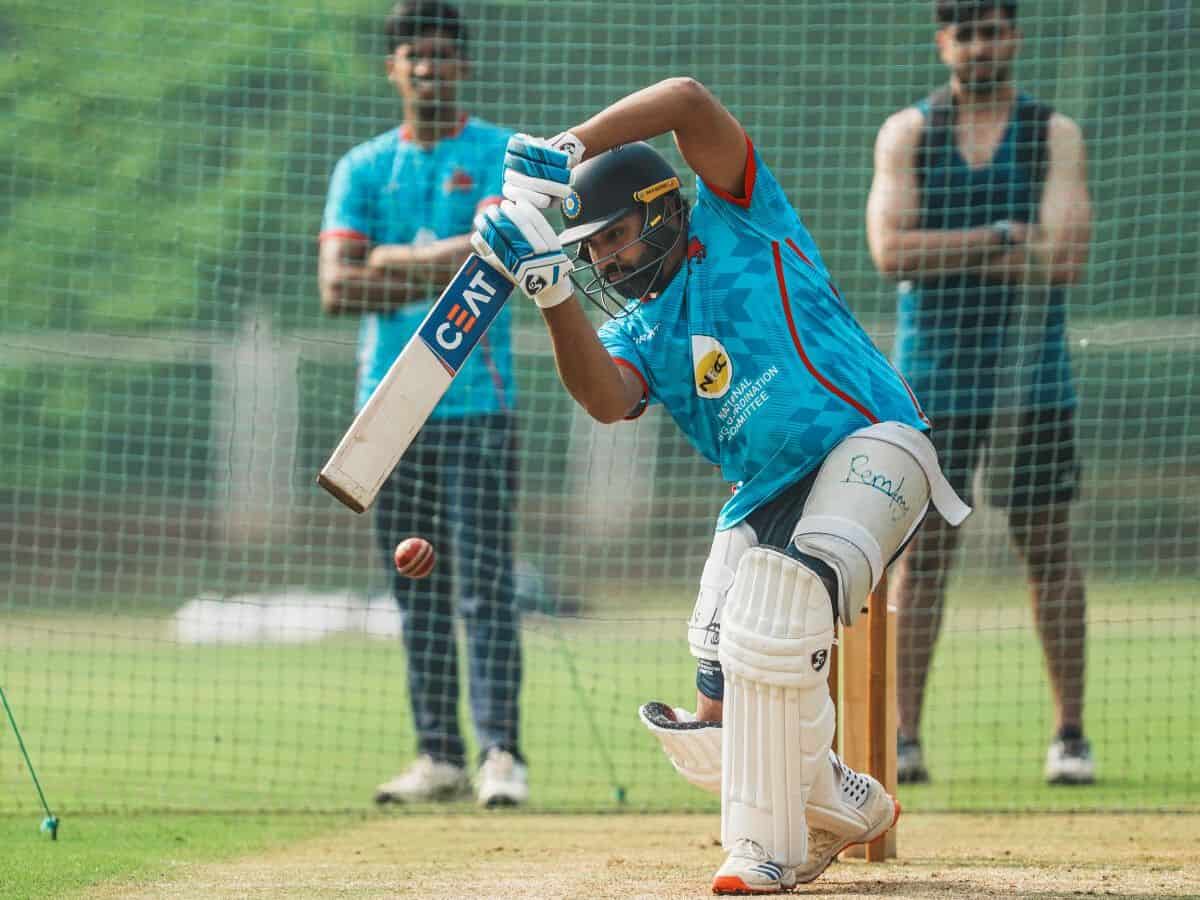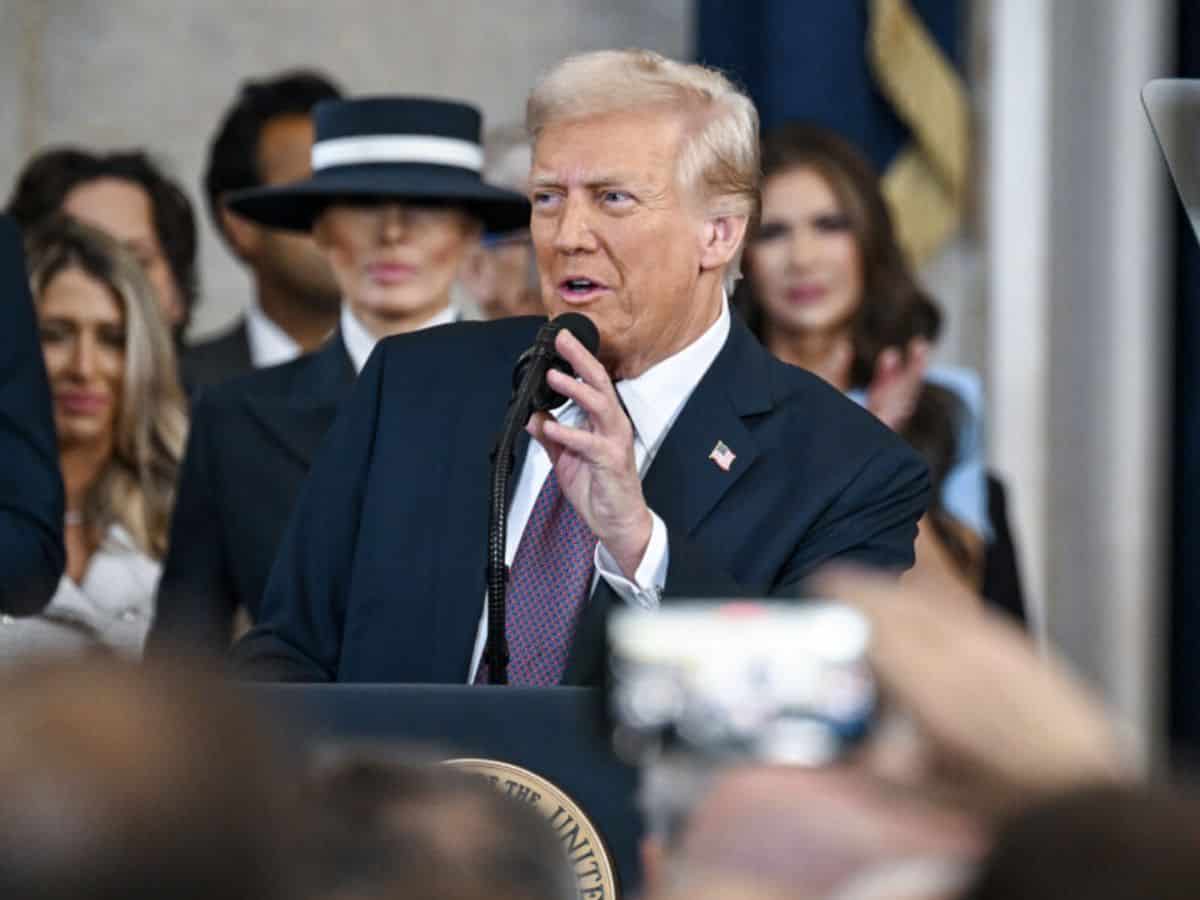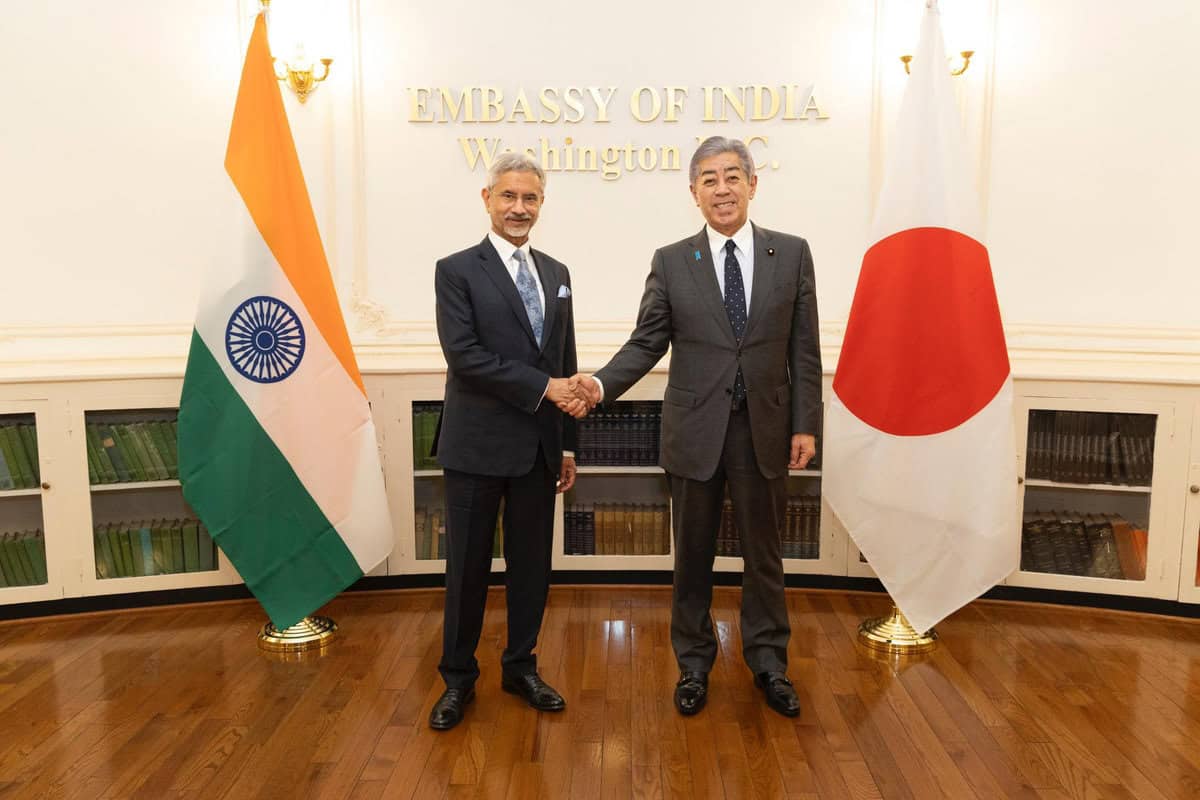The charges against Tahawwur Rana include conspiracy, waging war, murder, terrorism, and forgery, the judgement noted.
New Delhi: In a significant win for Indian diplomatic efforts after the 2008 Mumbai attacks, Pakistani-Canadian Tahawwur Rana could soon be extradited to India. For those unversed, Tahawwur Rana has been accused of having played a key role in the 2008 Mumbai terror attacks that killed around 175 people. The extradition process had intensified after a federal appeals court in the US quashed Rana’s appeal in August, last year. Here are all the details regarding the involvement, charges and significance of extradition process of the 26/11 Mumbai attacks accused Tahawwur Rana from US.
The California-based Ninth Circuit Court of Appeals had upheld a lower federal court verdict permitting his extradition and ruled that the 1997 extradition treaty between India and the US covered his alleged offences. A three-panel appeals court bench had heard the habeas corpus petition against the Central California District Court judgement allowing Rana’s extradition.
Charges against Tahawwur Rana
For those unversed, Tahawwur Rana faced three main charges in a Chicago federal court relating to his involvement in the Danish case, providing support to Lashkar, and conspiring for the 26/11 Mumbai attacks. He was acquitted of the Mumbai attack charge, but convicted in the other two and sentenced to 14 years. The appeals court ruled that his acquittal in the Mumbai attack charge did not affect his extradition because in India he faces several different charges.
The charges include conspiracy, waging war, murder, terrorism, and forgery, the judgement noted. Rana was released after seven years on compassionate grounds during the Covid pandemic, following which India requested his extradition to face trial there, which the magistrate judge approved. Rana is a former Pakistan Army doctor who set up an immigration service after immigrating to Canada.
Why is Tahawwur Rana’s extradition important?
Rana’s extradition would be a partial fulfillment of India’s attempts to get the US-based Lashkar-e-Taiba accomplices face trial in India as Washington had refused to extradite Rana’s Pakistani-American accomplice Daood Gilani, who uses the name David Headley. Headley had worked as an informant for the US government’s Drug Enforcement Agency and after admitting to 12 terrorism-related charges, made a deal to cooperate with the US government on the condition that he will not be extradited. The judgement mentioned Rana helping Headley get a five-year visa for India under the pretext of setting up a branch of his business there.
(With inputs from agencies)






